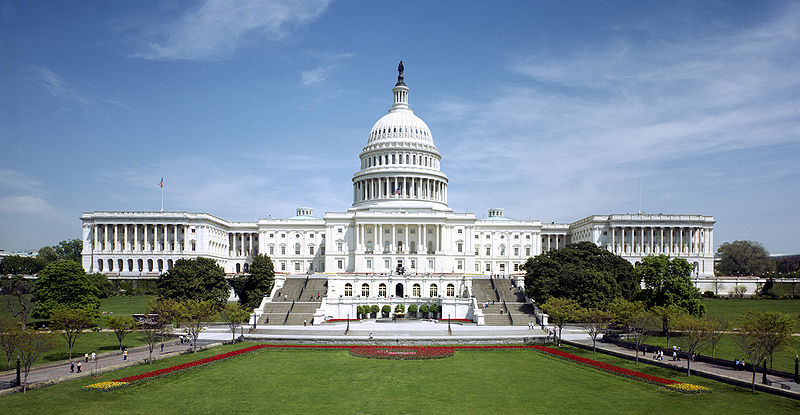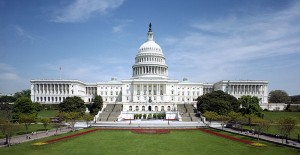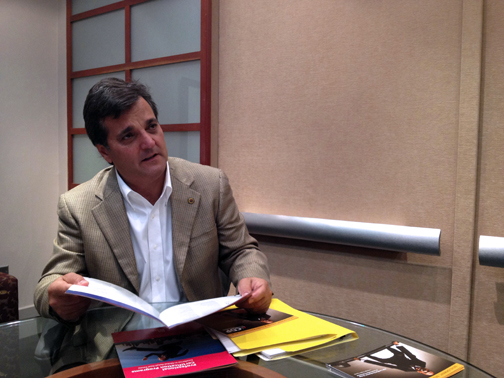U.S. Congress to hold 7th hearing on P.R. on Jan. 26


The Subcommittee on Indian, Insular and Alaska Native Affairs of the U.S. House Natural Resources Committee will review the imposition of a fiscal control board on Puerto Rico.
The Subcommittee on Indian, Insular and Alaska Native Affairs of the U.S. House Natural Resources Committee will hold a hearing on Jan. 26, to analyze Puerto Rico’s fiscal crisis. It will be the seventh hearing on the Commonwealth in recent months.
Puerto Rico Resident Commissioner Pedro Pierluisi said Tuesday he expects a legislative package for Puerto Rico will likely be unveiled after the hearing entitled “The need for the establishment of a Puerto Rico financial stability and economic growth authority.”
“Let me be crystal clear. If this package seeks to impose a federal board to oversee the Puerto Rico government’s fiscal practices, but does not provide Puerto Rico with the authority to restructure a portion of its debt — as every state is authorized to do — or provide Puerto Rico with fair treatment under federal programs, I will adamantly oppose such an unbalanced package and it will not become law,” he said.
Pierluisi said he is willing to support a package that provides “meaningful federal oversight of the Puerto Rico government’s fiscal practices,” but only if it is paired with better, more state-like, treatment of Puerto Rico.
“I am pleased that House Natural Resources Committee Chairman Rob Bishop and Indian, Insular and Alaska Native Affairs Subcommittee Chairman Don Young have decided to schedule this hearing, which follows a hearing that another subcommittee of the Natural Resources Committee held last week on energy challenges and opportunities in the U.S. territory,” Pierluisi said.
The list of witnesses was not revealed Tuesday, for the hearing slated to start at 11 a.m., Eastern time. The Subcommittee on Indian and Alaska Native Affairs consists of 14 members, eight Republicans and six Democrats.
In June 2015, the Subcommittee on Insular Affairs — of which Pierluisi is a member — held a hearing that explored the causal relationship between Puerto Rico’s “unequal and undignified status as a territory and its economic, fiscal and demographic crisis,” he said.
“Over the years, Congress has a history of trying to provide Puerto Rico with ‘special’ treatment, and these efforts — whether well-intentioned or ill-intentioned — almost always end up harming Puerto Rico,” Pierluisi said.
“My constituents are not laboratory rats upon whom the federal government should be undertaking policy experiments. Equality is the best policy,” he added.







